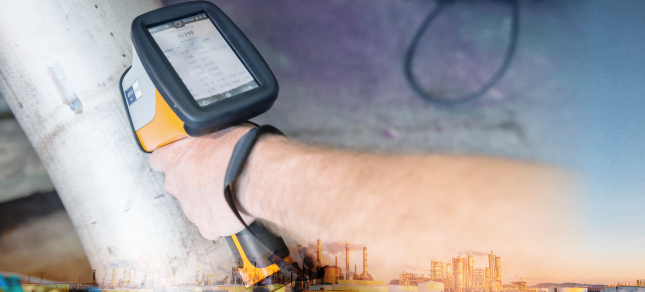The new Pipeline Safety Regulations that looks to be introduced by the US Department of Transportation's Pipeline and Hazardous Materials Safety Administration (PHMSA) represent a big change to the safety requirements of the country’s natural gas pipelines.
With over 305,000 miles of transmission pipelines making up over 210 systems, any change in regulation will have significant effects on the companies that build, maintain and monitor these systems.
First proposed in 2016, the new regulations update the current Safety Regulations for the safe operation of onshore gas transmission and gathering pipelines.
The bulk of the proposed changes relate to adopting integrity management requirements into most areas of gas pipeline safety efforts. Currently, the PHMSA’s integrity management principles only apply to areas defined as ‘High Consequence Areas’. A central part of effective integrity maintenance involves being able to accurately and reliably test the condition of critical components like pipes, valves and flanges, and keeping records that track the health of infrastructure over time.
The proposed regulations put positive material identification (PMI) at the heart of pipeline safety by outlining some key requirements for the material documentation of pipeline components. As part of section 192.607, companies would need to implement material analysis (either destructive or non-destructive) for the examination and assessment of both above ground and buried pipes.
While the regulations are not in force yet, they are getting closer. Organizations that don’t want to be caught out, or are simply looking to improve their safety procedures, should start making sure they have the testing equipment they need.

There’s no one PMI solution that will meet all the needs of every single company. The right PMI solution for your business depends on a number of factors, ranging all the way from the analytical capabilities of the instrument itself to the logistics of your operation.
That’s why Hitachi High-Tech offers a range of PMI analyzers for the verification of pipeline material. We believe in matching our clients to the solution that’s right for them, not trying to shoehorn their operations into a solution that might not be the best fit.
Here’s a brief rundown of the full Hitachi High-Tech PMI toolbox technologies and products:
Optical emission spectroscopy (OES) can analyse elements like phosphorous, sulfur, boron and carbon, starting at levels of less than 30 ppm. OES is the only technology capable of measuring the carbon content of different steel grades and the nitrogen content of duplex steels reliably.
The PMI-MASTER Smart is the only truly portable high performance OES analyser on the market and with its fast start up time, it significantly increases productivity.
X-ray fluorescence (XRF) is a non-destructive testing technique that uses an X-ray radiation to induce a response from the atoms in the tested sample. The handheld X-MET8000 only weights 1.5kg, has a start-up time of less than 20 seconds and 12 hours of battery life to make sure that it can go anywhere you need it to.
Laser induced breakdown spectroscopy (LIBS) uses a focused laser pulse to hit the sample surface to provide fast analysis of different types of alloys. The handheld Vulcan can identify a wide range of alloys including stainless steels, low alloy steels, nickel and aluminum alloys in a single second.